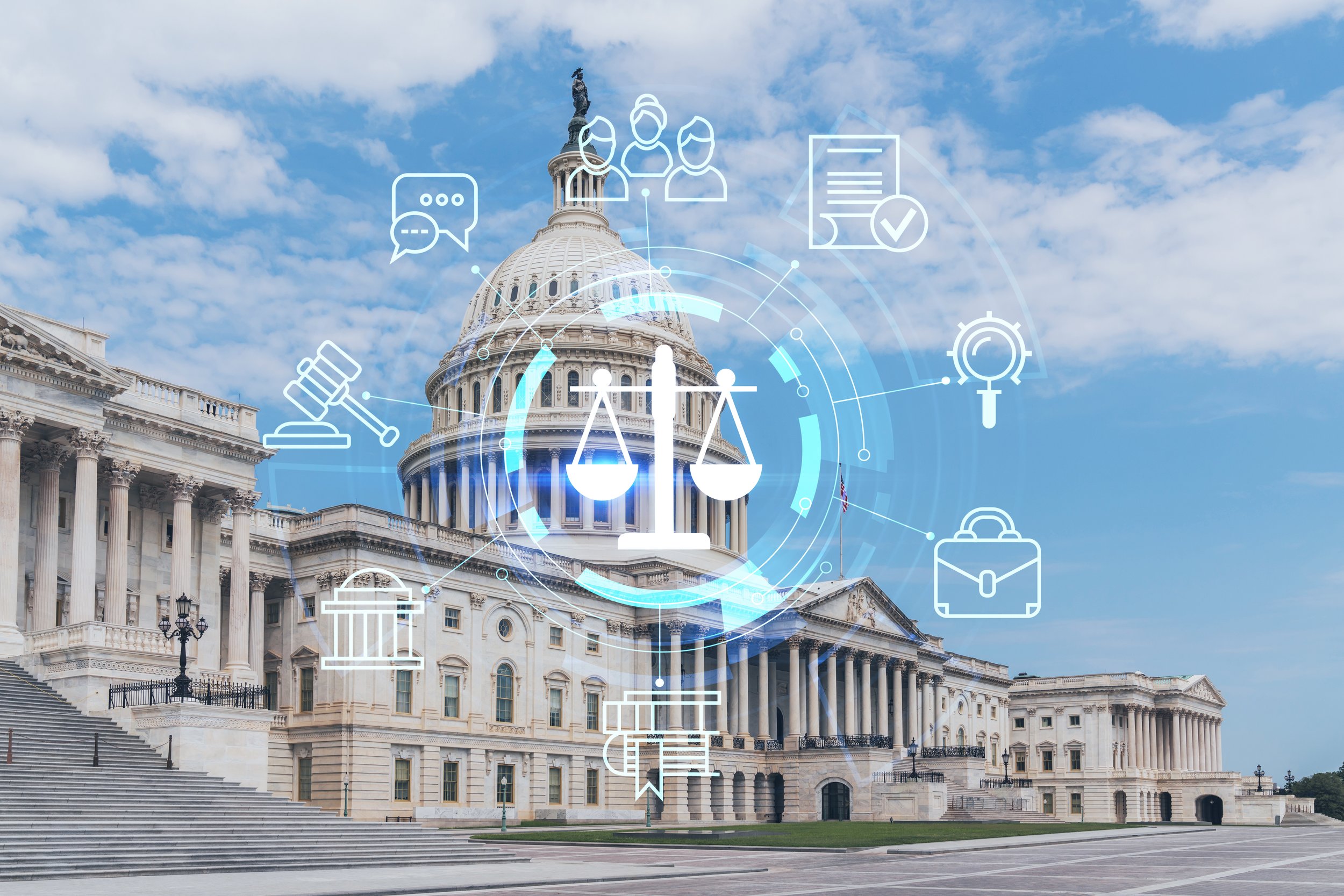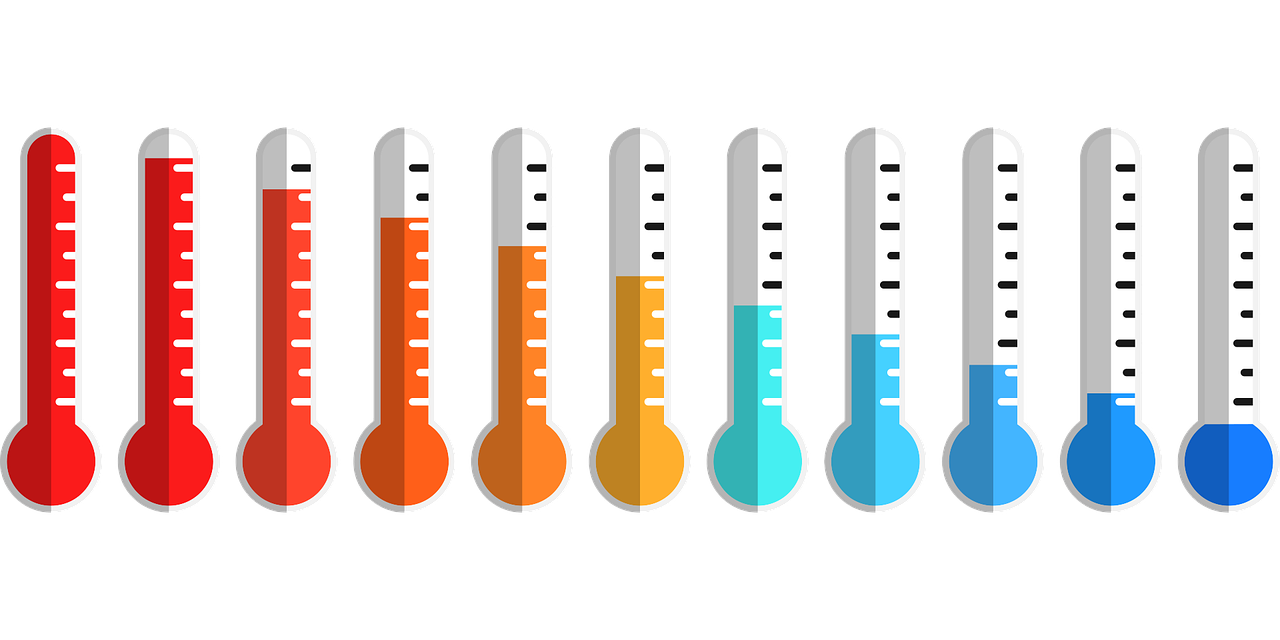Kitchen Table Talk Blog:
United We Stand

Trump Healthcare Changes: Or What Good Is Getting Rid of Wokeness and DEI If You’re Sick, Dying, Dead, or Bankrupt?
Many are cheering, and others decrying, newly-inaugurated President Trump’s efforts to dismantle “wokeness” and DEI. But all Americans should give more attention to the changes in US healthcare that Trump has wrought in a matter of days.
The United States lags behind all developed nations in healthcare outcomes. Yet it has the most expensive healthcare system in the world. Since January 20, things have gone from worst to even worse.
Recent changes may hit hardest in “red states” like Texas, Georgia and Florida. They will most affect lower income individuals and red state voters, who form a large part of President Trump’s base. But they will affect all Americans and likely pose health risks at home and abroad.

Wishes for Life in America After January 20, 2025
Without taking sides, here is what we wish would happen in the United States after January 2025, however likely or unlikely it may be:
-A coming together of the American people
-Peace, love, and understanding
-A return to civility, kindness, and mutual respect regardless of political opinions
-Finding common ground wherever possible
-People trying to talk to each other across all spectrums, including geographic, socio-economic, political, age, race, and background
-Good quality, affordable, accessible healthcare and housing

What Is Soft Authoritarianism or Illiberal Democracy? An Illustration
What Is A Soft Authoritarianism and Why Do We Need To Learn About It, Quickly?
In the past decade, many countries around the world have shifted from democracies to what’s known as soft authoritarian governments. “Soft authoritarianism” describes a relatively new phenomenon also known as “illiberal democracy”, “hybrid democracy”, or “competitive autocracy”. Soft authoritarianism operates in a zone between democracy and autocracy. It can serve as a bridge or stepping stone between these two opposite types of government.

Illustration of Separation of Powers: Civics Education Matters
American Separation of Powers Illustrated
For almost 250 years, the United States has served as a model illustration of “separation of powers” to the rest of the world. Indeed, the United States is viewed as the first country to adopt separation of powers in its government structure. It’s an important concept. But what does separation of powers actually mean and why is it more important today than ever before?
The French philosopher Montesquieu coined the phrase, “separation of powers” in his influential essay, “The Spirit of Laws”. Montesquieu wrote: “When the legislative and executive powers are united in the same person or in the same body of magistrates, there can be no liberty.” Montesquieu, The Spirit of the Laws, 1748.
The US Constitution adopted Montesquieu’s insistence on the separation of the governmental powers of making, executing, and interpreting the country’s laws.

Is Civil Discourse Coming After Trump’s Election?
Is Civility Coming In Trump II? Should we give up on the idea of civil discourse after the American people have elected Donald Trump? Short answer: no, we should not give up on the idea or ideal of civil discourse in a second Donald Trump administration. But those seeking to heal partisan divides and to restore civility and respect to American discourse may have to be patient and wily. Possibly, President-Elect Trump’s vows to “punish or prosecute” political opponents or news outlets with unfavorable coverage will become reality.

Common Decency In A Candidate: A Lesson In Civility
Picture this scene. Zoom in on a political town-hall event or rally for a presidential candidate. The race is tight. In the Q&A section, a supporter attacks the candidate’s opponent. Strongly.
The supporter suggests the opponent, a candidate for president, is a terrorist. The audience claps.
“We’re scared, we’re scared of a [fill in opponent’s name] presidency”, he says.
The supporter begins to explain that the opponent’s consorts include domestic terrorists. The opponent has a funny sounding name, as one of his parents came from another country. Some have suggested he’s not even American. The presidential candidate holding the event shakes his head. He doesn’t want this applause, for this accusation.
“No, no, no,” he says, reaching for the microphone.

Why Are We So Mean Online? The Online Disinhibition Effect and What To Do About It
We’ve all seen it happen. A seemingly peaceful online chat turns into an abusive row. Or a measured blog post spurs an avalanche of mean, nasty comments. Maybe you know one of the perpetrators: those seemingly nice people who are mean and aggressive online. Maybe you’ve been the object of an angry online post. We’ve probably all done it, to some extent, said something meaner online than we would say to someone in person, written a crueler review, hurled a worse insult than we’d say face to face, human to human. That’s because of what’s known as the online disinhibition effect.

Is It True That Donald Trump Wants to Repeal Obamacare? . . . And What’s Trump’s Healthcare Plan Anyway?
1. Is it true that Former President Donald Trump wants to repeal Obamacare (“the Affordable Care Act” or “ACA”)? 2. Is it true that Trump tried to repeal Obamacare, or did he salvage Obamacare? 3. Is it true that Donald Trump does not have a healthcare plan (Trumpcare health plan)?
Nobody knows for sure whether Donald Trump remains committed to repealing Obamacare. During the Presidential Debate against Kamala Harris, he seemed to indicate that he might try to replace the ACA if he could come up with a plan that was better and more affordable. He did not state a definitive position on whether he still wanted to repeal Obamacare or not.

Six Easy Ways to Start Connecting with Others Again
Many people have forgotten what connecting with others feels like. According to a 2023 Surgeon General report, an epidemic of loneliness and isolation rages in the United States. Millions of Americans report problems with connecting with others.
Lack of social connectedness leads to all sorts of problems. In a startling statistic, feeling socially disconnected can lead to premature death as much as smoking 15 cigarettes a day.

People Connecting Again and Working to Heal Partisan Divides
Americans are seeking to connect again, and to bridge the partisan divides in our country. Many have tired of the hatred and heated rhetoric from hyper-partisan supporters of both major political parties. A number of organizations have begun doing the vital work to promote civility and connection in our democracy. Making changes in your daily life can help unify the US again: many organizations and new tools seek to attack polarization and foster respect and civility in public discourse.

Spoils System Comeback: Why Should We Care About The Pendleton Civil Service Reform Act of 1883?
The "spoils system" of political patronage is making a comeback. For almost 150 years, it’s been illegal to fire or hire career civil service employees based on political preferences. That’s largely because of the Pendleton Civil Service Reform Act of 1883. Congress enacted the Pendleton Act to attack and prevent rampant corruption and incompetence in the federal government. The negatives of the spoils system were and still are vast.

A Productive Political Conversation Between People Who Disagree?
What do you do when someone says something about politics with which you disagree and which makes your blood boil? KitchenTableTalk.org documents one such discussion between a Libertarian, a moderate liberal, and an Independent about Russia's invasion of Ukraine and support or lack of support for the Ukranian side. What do you think happened?

Yes, Surgical Abortion Is Healthcare. Ask Me How I Know.
A personal and inspiring journey through miscarriages and healthcare, from the 1990's to the present. Miscarriage care includes D&C or a "surgical abortion". The author received care in the 1990's focused on her health and future fertility. But in the post Dobbs-decision era, women can no longer rely on getting such healthcare. It varies from state to state, which puts women's health, lives, and ability to give birth in jeopardy.

Who Is Threatening Democratic Freedoms?
Both Republicans and Democrats accuse the other party of threatening democracy. But alleging an opponent is limiting democratic freedoms or backsliding democratically doesn’t make it true. We can evaluate these claims with knowledge of democratic freedoms and the US system of government. Then we can do what we need to do to save democracy if any of these claims are true.

How to Lower The Temperature In Conversation In Six Steps: After The Trump Assassination Attempt
It’s time to lower the temperature in conversation: here are six easy steps to take down the political tone. The reactions to the Trump assassination attempt escalated partisanship and division, at a time when all Americans could and should have come together to decry political violence and to ask how this could have happened. Social media, slanted media, and hyper-partisanship all contribute to the problem, but we can take steps in our own lives to tamp it down, and prevent hate from circulating and growing.

Our Collective Information Problem
Welcome to the first Kitchen Table Talk blog. Kitchen Table Talk came into existence as a way for ordinary people to resist the unpleasant changes that have taken over the United States.

